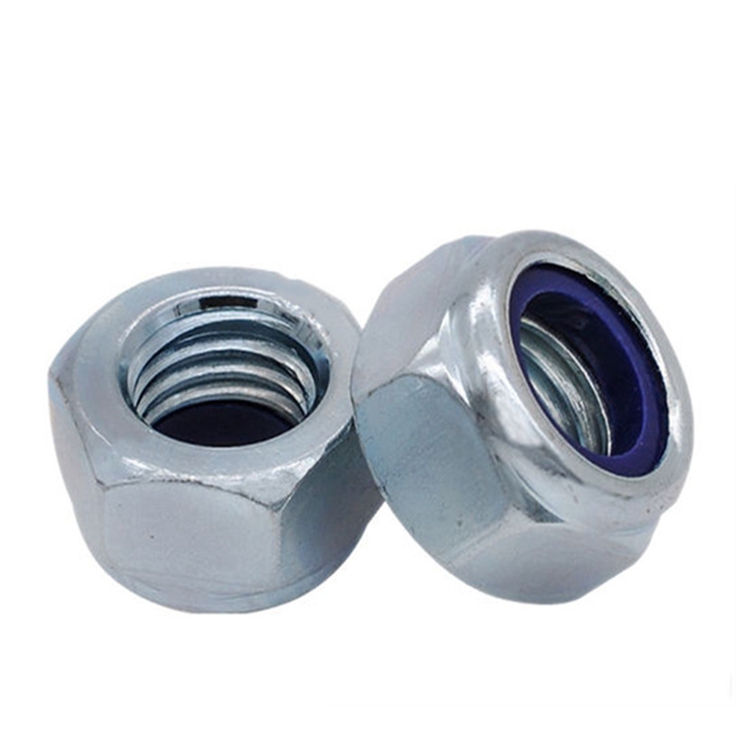Top Exporters of 1% 2% X 10 Anchor Bolts in the Market Today
Dec . 07, 2024 14:59 Back to list
Top Exporters of 1% 2% X 10 Anchor Bolts in the Market Today
The Role of Anchor Bolt Exporters in Global Construction
Anchor bolts are essential components in the construction industry, serving as critical connectors that secure structures to their foundations. These bolts provide stability and strength, ensuring that buildings and other structures can withstand various loads and environmental conditions. As the global construction market continues to expand, the demand for anchor bolts, and consequently anchor bolt exporters, is on the rise.
Anchor bolts come in various sizes, types, and materials, tailored to meet specific construction requirements. They are typically used in concrete construction, connecting structural elements to concrete foundations. The most common types include L-shaped, J-shaped, and straight anchor bolts. Each design serves its unique purpose, depending on the structural demands and the environment in which they are used. For instance, L-shaped bolts provide strong holding power in both tension and shear, whereas J-bolts are often employed in wall applications, securing panels in position.
The Role of Anchor Bolt Exporters in Global Construction
One of the key benefits of engaging with anchor bolt exporters is their ability to offer a diverse range of products. Many exporters stock a variety of anchor bolts, catering to different market needs. This variety not only enhances the efficiency of construction projects but also enables contractors to find the specific products they require without having to source from multiple suppliers. This consolidation can lead to cost savings and reduced lead times, which are critical factors in the fast-paced construction industry.
1 2 x 10 anchor bolts exporters

Additionally, anchor bolt exporters often provide valuable technical support. Their expertise enables construction companies to make informed decisions regarding the types of anchor bolts best suited for their projects. This support can be crucial, particularly for complex construction endeavors that require specialized fasteners. By consulting with exporters, contractors can ensure they are using the right products, ultimately enhancing the safety and durability of their structures.
However, the exportation of anchor bolts is not without challenges. For instance, variations in regulations across different countries can complicate the export process. Compliance with international standards is essential not only for quality assurance but also for avoiding legal issues. Exporters must navigate these regulations proficiently to ensure their products meet the necessary criteria in the target markets.
Furthermore, the competitive landscape for anchor bolt exporters is intensifying. As more players enter the market, existing exporters must innovate and differentiate themselves. This could involve expanding product lines to include eco-friendly options, utilizing advanced manufacturing techniques, or enhancing customer service to build long-term relationships with clients. Adapting to market trends and client needs will be crucial for maintaining a competitive edge.
In conclusion, anchor bolt exporters play a pivotal role in the construction industry by supplying essential components that enhance structural integrity and safety. As global construction demands grow, the importance of these exporters will only increase. By providing a diverse range of high-quality products, technical expertise, and adaptability in a competitive market, anchor bolt exporters contribute significantly to the success of construction projects worldwide. The future looks promising for this sector, with continued innovation and collaboration set to drive advancements in construction safety and efficiency.
Latest news
-
High-Quality Panel Stud Bolt Reliable Panel Stud Bolt Factory & Suppliers
NewsJul.08,2025
-
High-Precision Fine Thread Locknuts Manufacturer & Supplier Custom Solutions
NewsJul.08,2025
-
PH Imperial Stud Bolt – High Strength Fasteners from Leading Supplier & Factory
NewsJul.07,2025
-
High-Quality Allen Wrench Bolts Leading Factory, Company & Suppliers
NewsJul.07,2025
-
Wholesale Ball Stud Bolt - High Quality Supplier & Factory Price Reliable Wholesale Ball Stud Bolt Company
NewsJul.06,2025
-
High-Strength Alloy Bolts Manufacturer & Supplier Quality Alloy Fasteners Factory
NewsJul.06,2025
